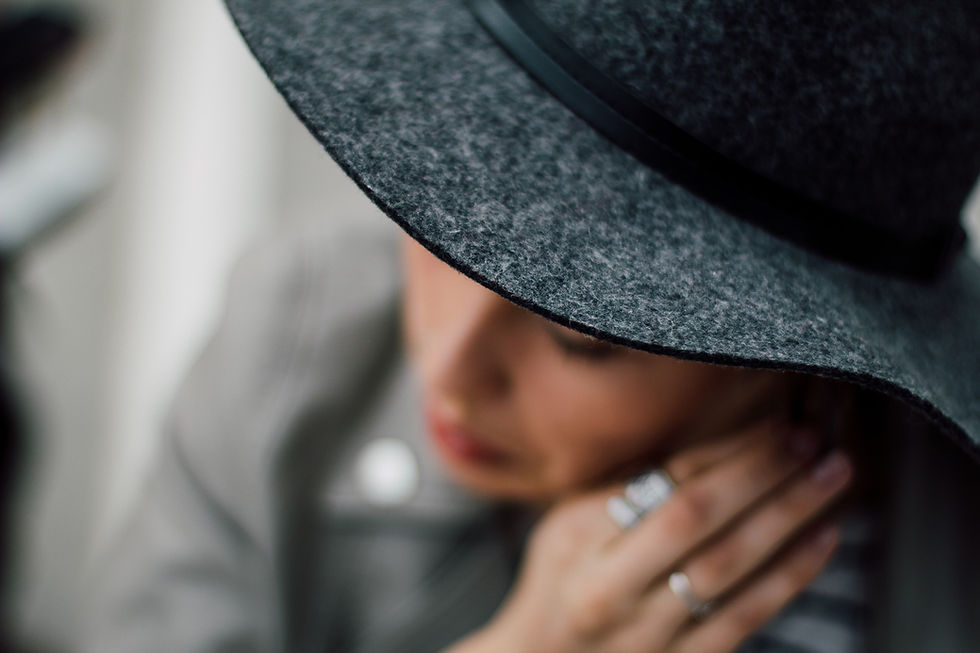Gallbladder & Digestion: What the Fat?!
- Alison J
- Mar 7, 2018
- 2 min read

Recapping on my facebook live session, “Gallbladder & Digestion: What the Fat?!”, if you prefer to watch the video then click here.
When talking about gut health this amazing little organ is often forgotten, but when it’s not working properly you know about it pretty quickly. Attached to the bottom of your liver, and shaped like a pear, it stores bile which is produced from the liver. The liver produces around 750ml of bile each day, which is more than the gallbladder can hold so it then concentrates it ready for use. It is then excreted into the very top of your small intestine, in the duodenum.
What does it do?
As your food passes from your stomach into your intestines it uses the bile to emulsify the fats into smaller pieces. This allows the fats, and fat-soluble vitamins, to be absorbed into our blood stream.
It’s a bit like a soap dispenser that squirts out detergent, breaking down all those fat molecules into smaller pieces so they are more easily managed.
The other very important role is that the bile it excretes is made up of cholesterol, which enters our digestive tract for excretion.
Interestingly the bile salt particle, which also makes up bile, is recycled back into the liver about 20 times. Therefore, if your liver isn’t working as it should then these bile acids stay circulating in the blood. This is one way we can pick up a problem with the liver on a blood test.
How do I know if there is a problem?
Many of the symptoms can be attributed to any digestive illness, but the most common ones are:
Pain in your back, up in between your shoulder blades
Fat coating your stools, as your body is unable to digest them
Indigestion, particularly after a fatty meal
Nausea, vomiting, dizziness
Diarrohea or constipation
Weight gain
What could be causing my symptoms?
Gallstones can form in your gallbladder and can range in size from tiny grains of sand up to golf ball size. If they block the tube into the small intestines you may experience extreme pain
Infection of the gallbladder, with pain and inflammation
Liver disease which interferes with the production and the recycling of bile.
What do I do?
If you are at all concerned I would head off to your GP for a check up. Once we know what we are dealing with then we know how to treat it.
Look after your liver
Remove sugar and all processed foods from your diet
Remove dairy
Remove all fried foods and many fats
Include healthy fats such as avocado, coconut oil and olive oil but in very small amounts through the day
Reduce your animal based proteins and eat a more plant based diet
Avoid big heavy meals.
I would strongly encourage you to work with a nutritionist, this is really something you shouldn’t be managing on your own. It requires frequent blood testing to make sure that the dietary and lifestyle changes are working. A nutritionist can also prescribe digestive enzymes as well as giving you nutrients to help with your liver.



Comments